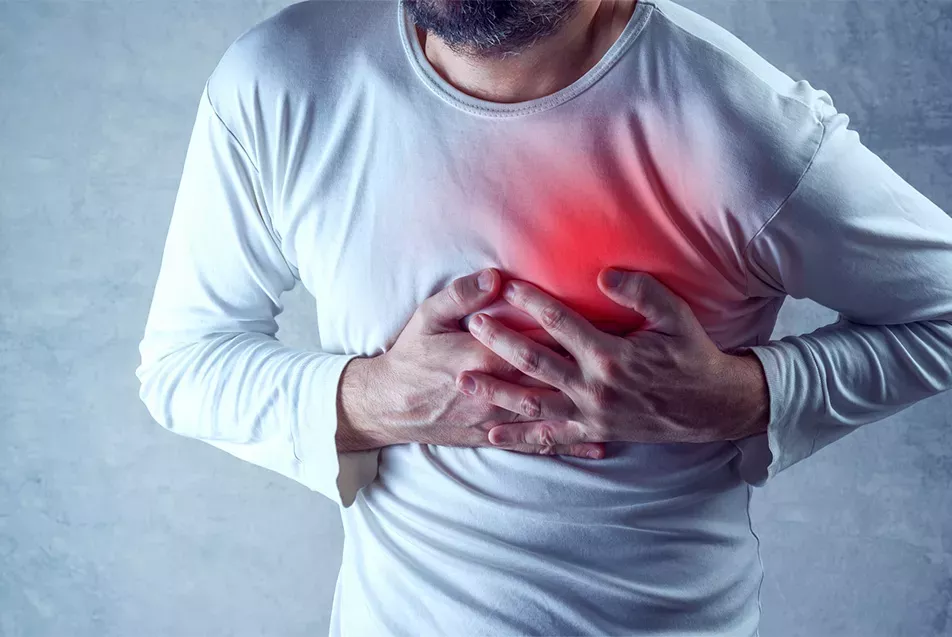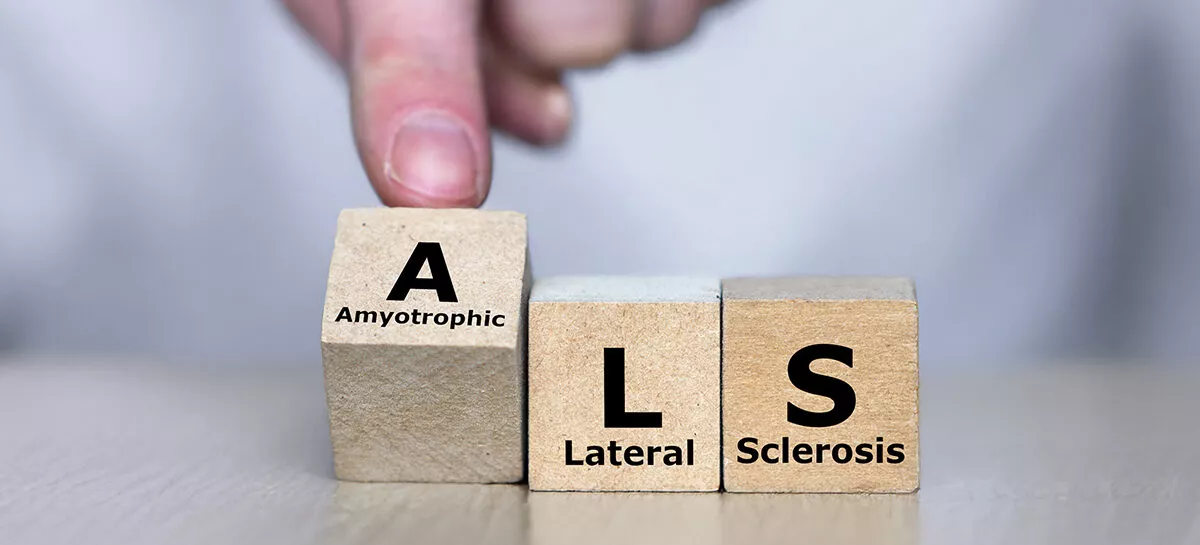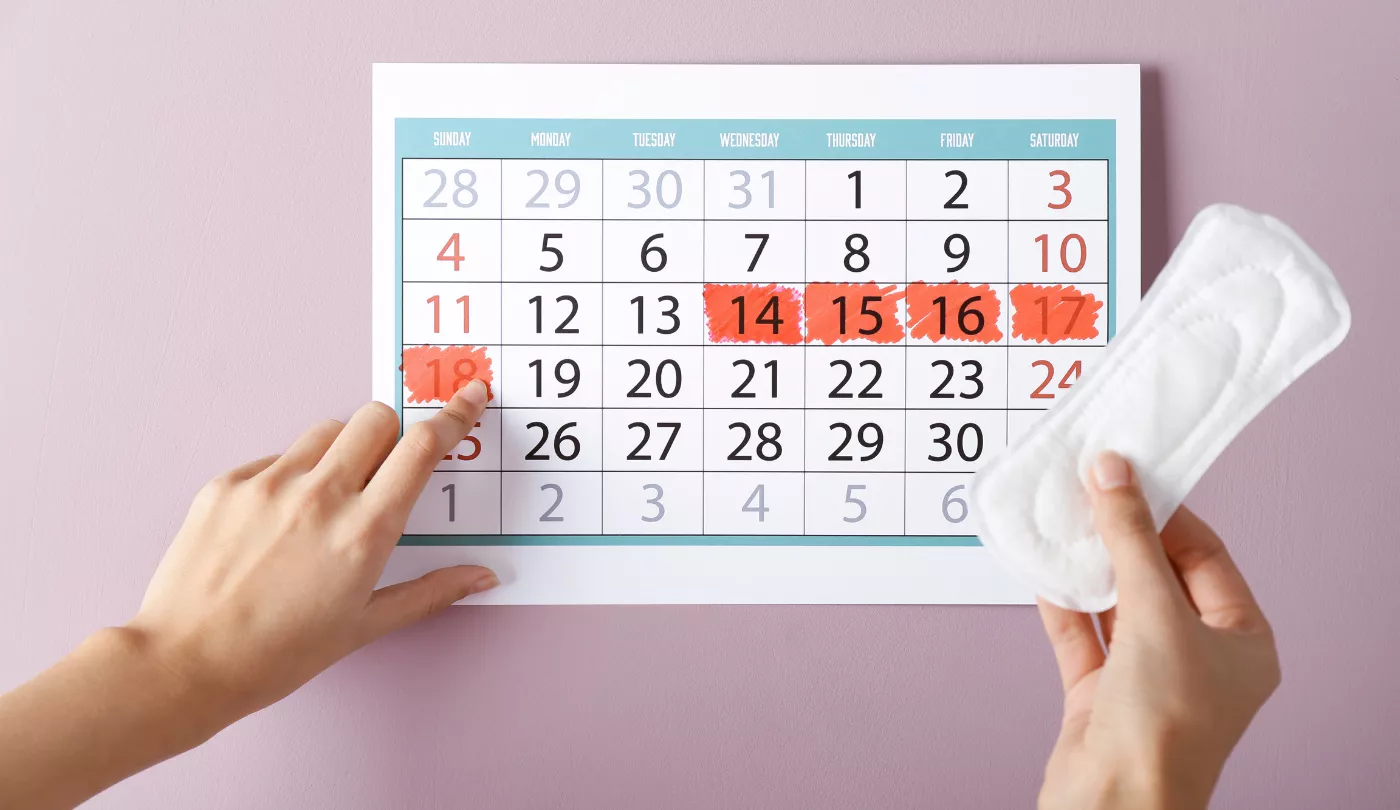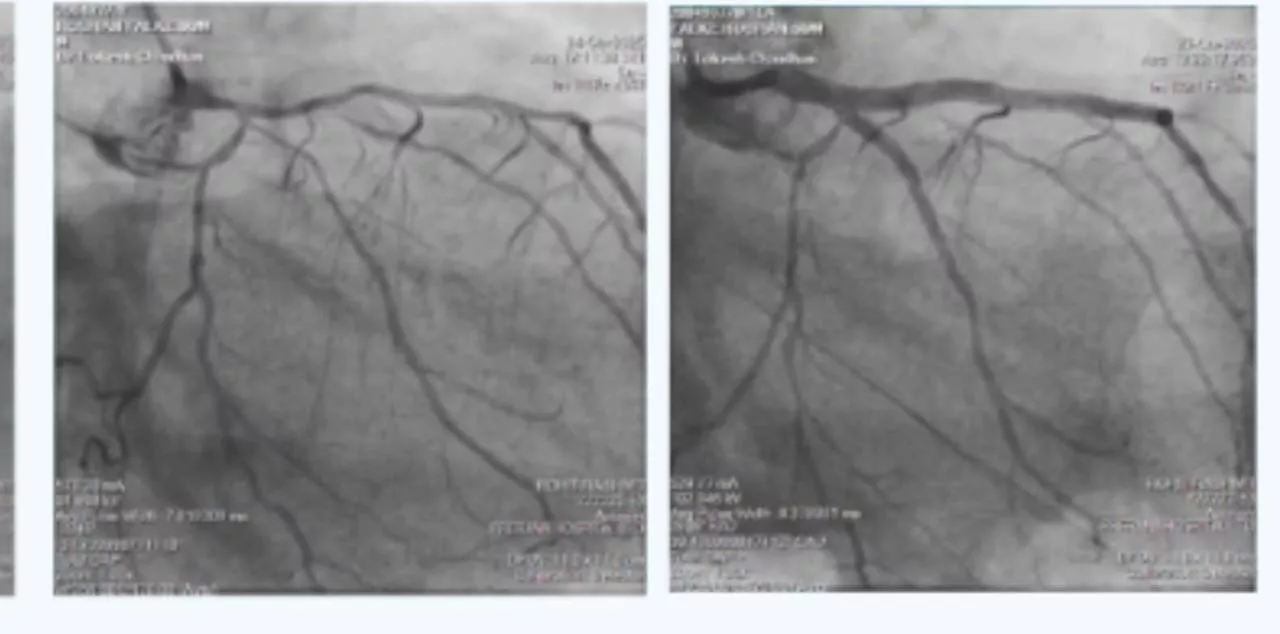Heart Attack Vs Cardiac Arrest: How Are They Different?
Heart Attack and Cardiac Arrest
These two terms are often used interchangeably but are very different. A heart attack occurs when there are problems with the blood circulation to the heart. Here, the blood flow and consequently oxygen is restricted to the heart often due to blocked arteries. The muscles in that section of the heart start to die. The longer a person stays without blood flow, the higher is the damage to the heart.
Cardiac arrests during heart attacks are rare but far more dangerous.1 A cardiac arrest is typically a sudden occurrence caused by a malfunction in the electrical system of the heart. Here, the rhythm of the heart becomes irregular known as arrhythmia which affects the heart’s ability to pump. This disruption prevents the blood flow from reaching critical organs of the body such as the brain. Soon the heart stops completely and can be fatal within minutes if no treatment is administered. Cardiac arrest can occur during heart attack.
Both are serious conditions and should not be ignored. An estimated 17.9 million people died from CVDs (cardiovascular diseases) in 2019, representing 32% of all global deaths. Of these deaths, 85% were due to heart attack and stroke.2 Recognising the symptoms of both these conditions can help you take immediate action to save a life.
Regular checkup with cardiologist as a preventive measure is great way to ensure your heart is healthy.
Heart Attack and Cardiac Arrest Symptoms
It is important to recognise the common symptoms of cardiac arrest and heart attacks.
Heart Attack Symptoms
- Chest pain or heaviness in the left side or centre of the chest
- Pain in the upper body (arms, shoulders, neck, jaw)
- Sweating, even at rest
- Shortness of breath
- Fatigue
- Light-headedness
- Wheezing
- Irregular heartbeat or palpitations
- During Cardiac arrest heart stop breathing
Cardiac Arrest Symptoms
- Difficulty breathing / Cessation of breathing.
- Loss of consciousness
- Lack of pulse
In some cases, there may be warning signs such as chest pain, nausea, dizziness, and shortness of breath, but in case of a sudden cardiac arrest, the person may immediately lose consciousness.
How to Respond
Both these conditions are medical emergencies and require instant treatment by medical professionals. In case you observe someone having a heart attack, call emergency services or drive them to the nearest hospital. The faster treatment is begun, the lesser damage is inflicted on the heart.
A cardiac arrest can be fatal and the person may die within minutes of its onset. If the person loses consciousness, check for a pulse. If it’s low or not present, start CPR immediately to keep the heart pumping while having someone call the emergency number. Instant administration of CPR can help save a person’s life.
Heart Attack and Cardiac Arrest Risk Factors
Certain lifestyle behaviours can indicate the risk for heart disease. Some of the risk factors for heart attack include:
- Smoking is one of the biggest risk factors for heart disease. Every year, 1.9 million people die from tobacco-induced heart disease. However, if tobacco users take immediate action and quit, then their risk of heart disease will decrease by 50% after one year of not smoking.3
- Regularly consuming an unhealthy diet rich in sodium, saturated fat, and processed food.
- Obesity or excess weight increases the risk of heart disease. This is due to excess fat accumulation in the arteries which can restrict blood flow leading to a heart attack.
- Having underlying medical conditions such as hypertension or diabetes.
- A sedentary lifestyle can greatly increase the risk of heart disease. Research has found that simple changes such as walking for an average of 30 minutes or more a day can lower the risk of heart disease, stroke by 35% percent and Type 2 diabetes by 40%.4
- A family history of heart disease
Simple lifestyle changes in terms of diet and exercise can work wonders in reducing your overall risk of heart disease and keeping your heart healthy and happy.
Conclusion
Heart attacks and cardiac arrest are different conditions, but both are medical emergencies. It is important to get medical help instantly in both cases. Additionally, when it comes to the heart, prevention is better than cure. Check with a cardiologist to know to keep your heart healthy.






